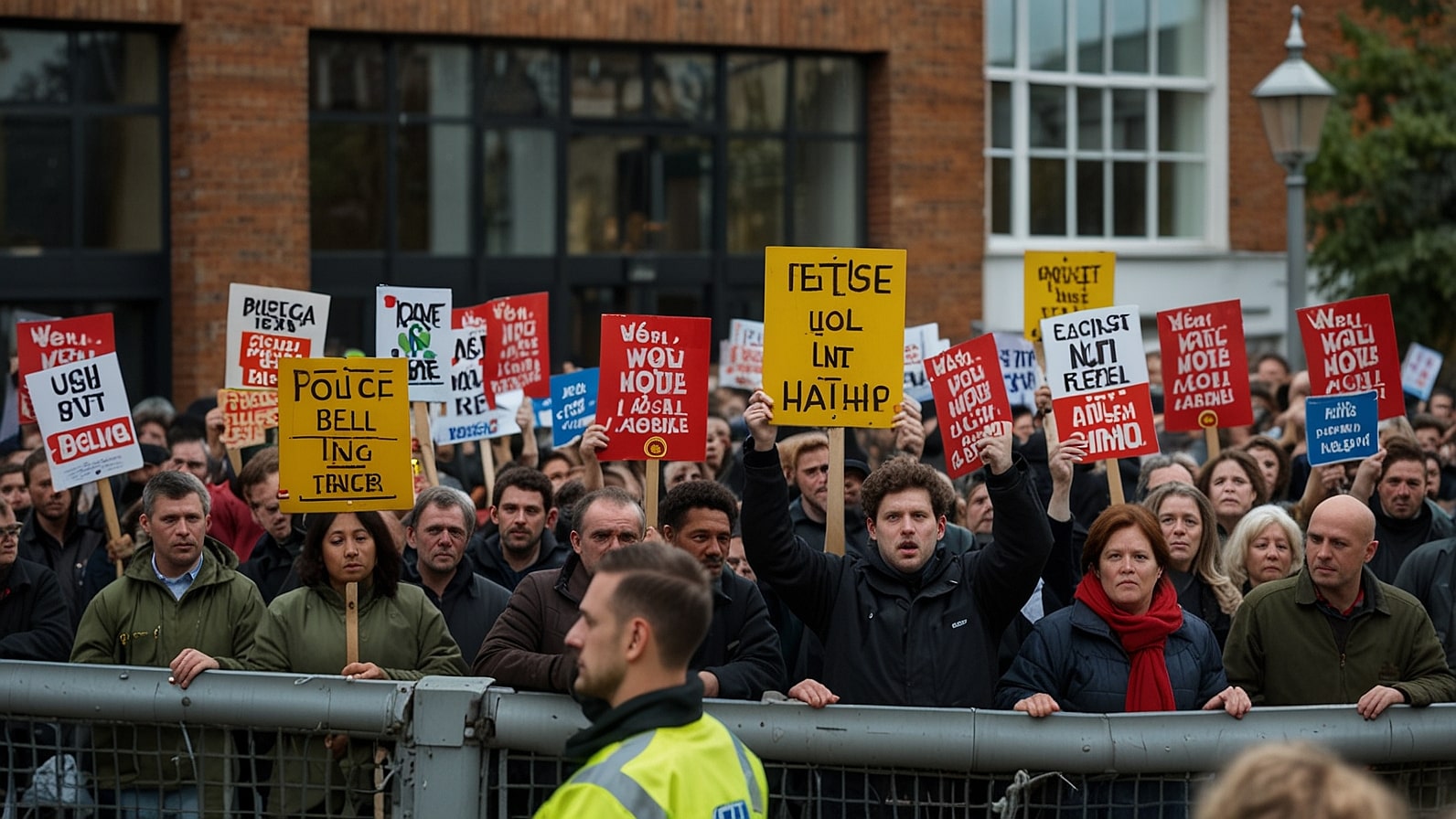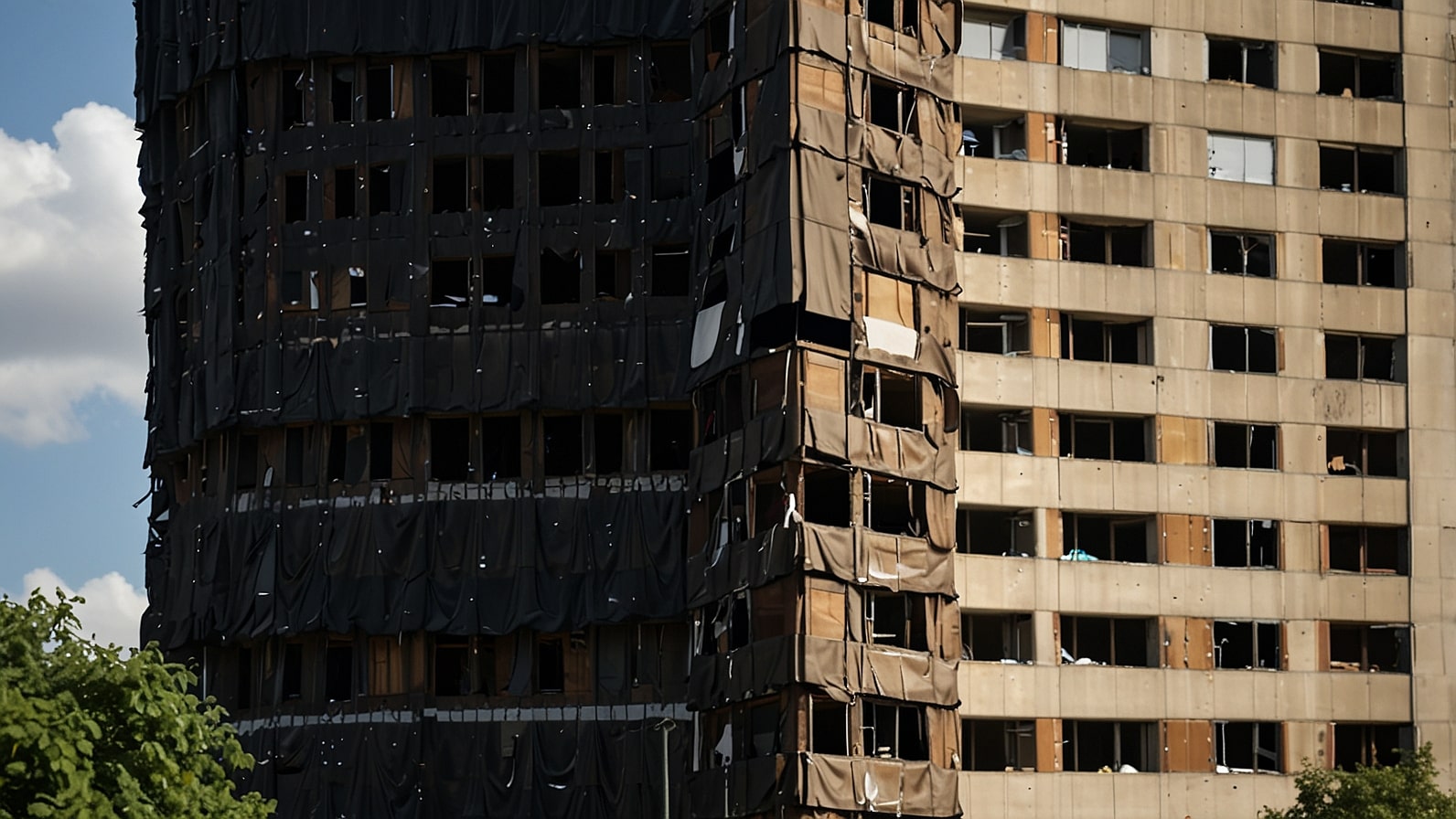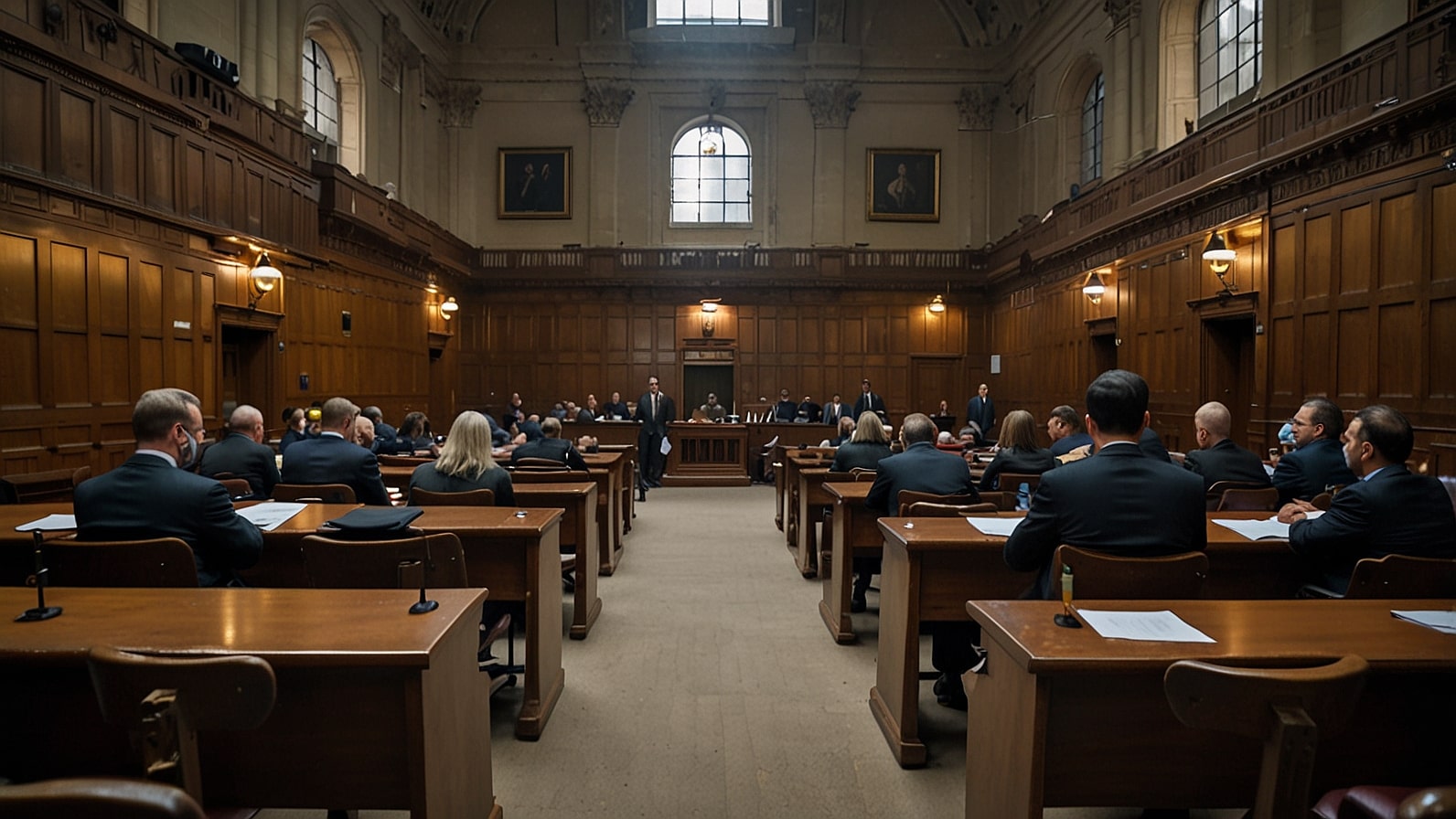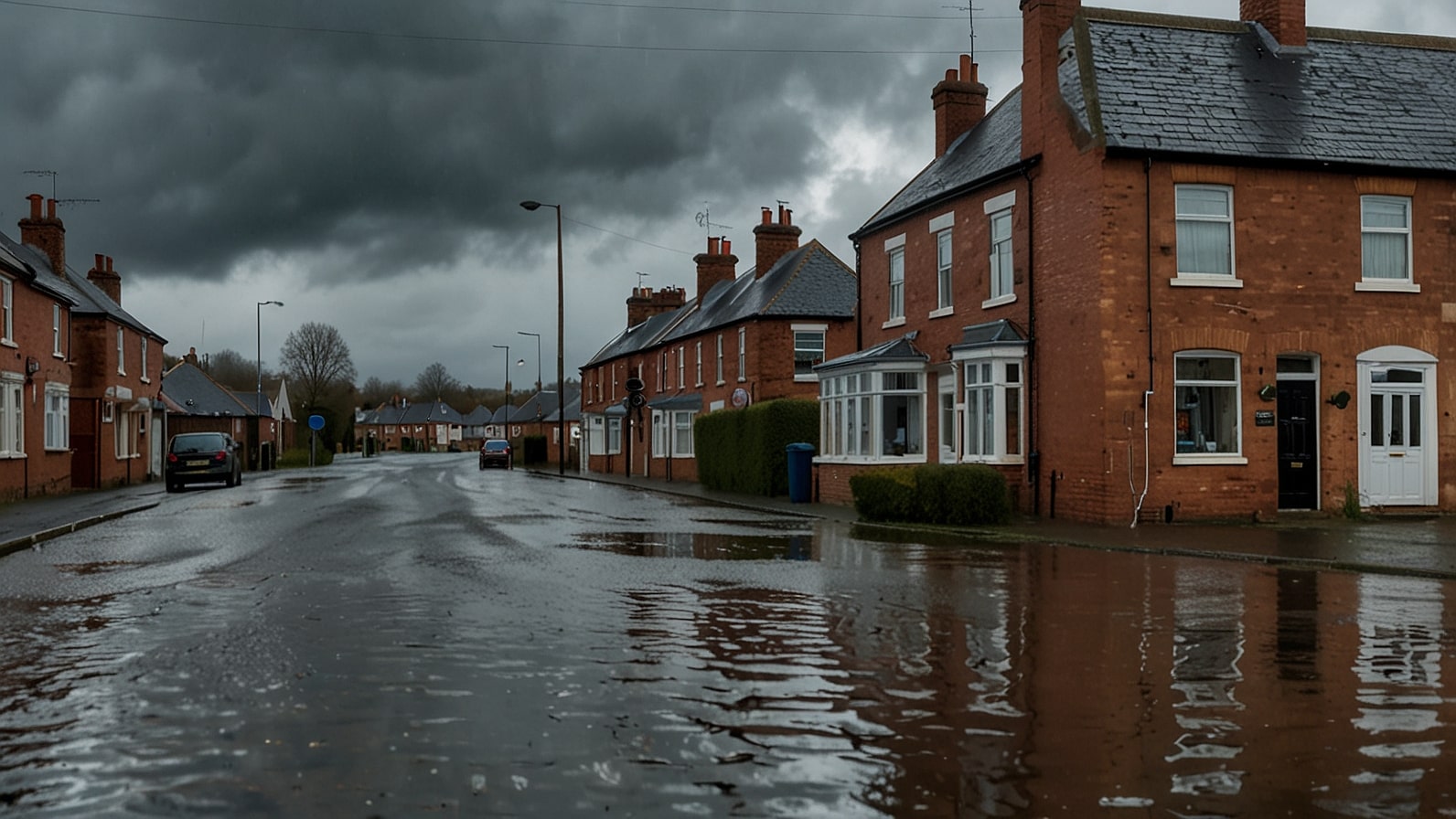The UK government has also issued an appeal of the High Court ruling that outlawed the use of The Bell Hotel in Epping, Essex, to house asylum seekers, on the grounds that such a ruling would trigger a series of protests and disrupt national immigration policies.
The case was heard in the Court of Appeal on Thursday and has received heavy scrutiny as immigration aggressively takes over the discourse of the people, and a ruling is expected to be delivered today, Friday.
The unprecedented pressure on the asylum system in the UK has seen the accommodation of 30,000 migrants in 200 hotels, with more than 28,000 crossing the English Channel in 2025. The Bell Hotel, which was destined to house 138 asylum seekers, can now serve as the lightning rod of tensions, another high-profile case being a sexual assault on an Ethiopian asylum seeker, Hadush Gerberslasie Kebatu, who denies these allegations.
Origins of the Dispute
The scandal blew up when the Conservative Party-led Epping Forest District Council obtained a High Court injunction last week based on planning breaches to stop the use of the hotel by asylum seekers.
The command acts to have all the asylum-seeking people removed by September 12, after weeks of unstable demonstrations in front of the hotel. Anti-immigration and pro-migrant demonstrators have come into numerous conflicts, as both worry about the safety of the community and the integration of the mostly young male asylum seekers.
This action by the council followed the arrest of Kebatu because of assaulting a teenage girl and another woman, which caused outrage and instigated local opposition. According to the council, the conversion of the hotel is against the local planning laws, a claim that critics believe is politically inclined.
Court of Appeal Showdown
In the hearing on Thursday, presided over by Lord Justice Bean, Lady Justice Nicola Davies, and Lord Justice Cobb, the Home Office strongly resisted the injunction.
The Home Secretary, Yvette Cooper, was represented by Edward Brown KC, who claimed that the decision would encourage unlawful protests and would prompt other councils to seek similar prohibitions, thereby destabilising the asylum housing regime. The government stated that the injunction abuses the planning laws to get wider immigration arguments.
The owners of the property, the Somani Hotels, backed the appeal, and the lawyer Piers Riley-Smith pointed to the severe hardship that displacing the asylum seekers would entail. Becca Jones, one of the directors of the Home Office, cautioned that losing 152 bed spaces would strain an already overstretched system, and no obvious alternative housing could be found.
The council’s legal team, headed by Robin Green and Philip Coppel KC, argued that the injunction was a justified response to planning failures and denied that it was politically opportunistic.
National Implications and Public Tensions
The case comes at a time when the public is highly concerned about immigration, and 111,084 asylum applications were registered as of June 2025. The dependence on hotels, which cost millions a year, has faced heavy criticism by individuals such as Reform UK’s Nigel Farage, who recently suggested the possibility of mass deportations as a means of reducing migration.
The Epping case is problematic in that it encourages imitation efforts of legal appeals, which may compromise the government’s ability to accommodate asylum seekers.
The Labour government under Prime Minister Keir Starmer is under increasing pressure to clean the situation up as people become more and more frustrated. One of the officials from the Home Office described the problem as exceptionally high-profile and stated that maintaining the injunction might cause even greater turmoil.
What’s Next?
The UK immigration policy may be transformed by the Court of Appeal’s decision, which is expected to take place today at noon. The injunction decision would lift the Bell Hotel back to hosting asylum seekers, with maintaining it potentially compelling the government to strain to find other places to house asylum seekers as long as crossings via the Channel continue.
The result may also have an impact on local governing authorities and create debates about community security and national security. As the protests and public mood intensify, the government is preparing to counter any potential backlash. The implications of the ruling will likely have a ripple effect beyond Epping and will determine how the UK addresses one of its most contentious matters.



